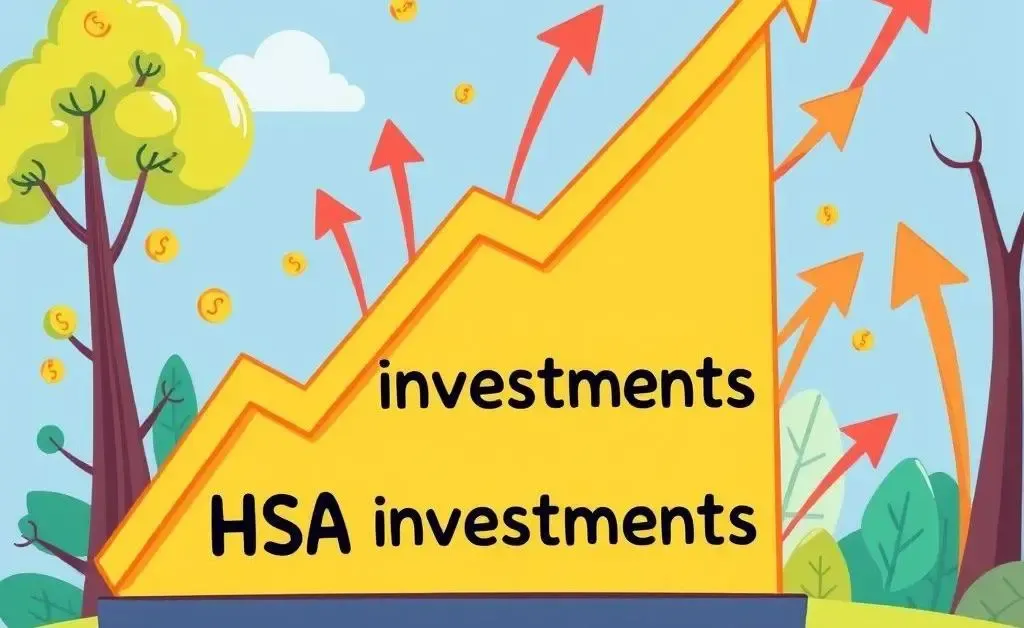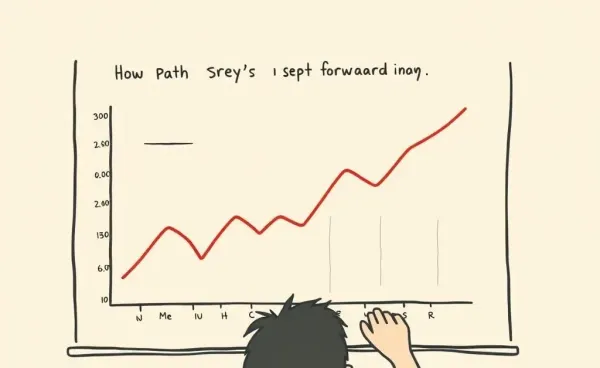Maximizing Your HSA: Short-term vs. Long-term Strategies
Learn how to strategically use your HSA for both immediate needs and future savings.

When it comes to managing a Health Savings Account (HSA), I'm often asked: should you focus on using it for short-term needs, or plan for long-term savings? Whether you're aiming to cover immediate health expenses or save for retirement, both strategies have unique benefits. Let's explore how you can maximize the potential of your HSA.
Understanding the Basics: Why Use an HSA?
Health Savings Accounts, or HSAs, are tax-advantaged medical savings accounts available to taxpayers in the United States enrolled in a high-deductible health plan (HDHP). They're designed to help you save and pay for medical expenses tax-free. The IRS provides detailed guidance on contributions and eligibility.
Short-term HSA Strategy: Covering Immediate Costs
If you frequently have medical expenses, using your HSA for short-term needs can be beneficial. Whether it's a planned surgery or regular prescription costs, having an HSA means you pay these directly from your account without worrying about taxes.

Long-term HSA Strategy: Saving for Future Health Needs
Conversely, some prefer to grow their HSA funds over time. HSAs allow you to invest, much like a 401(k) or IRA. If you don’t need the funds immediately, they can compound and grow.

By leveraging these investments, the funds can support future medical expenses or complement retirement savings. Many people are surprised to learn that after age 65, HSAs can actually be used for non-medical expenses without penalties (though they will be taxed like regular income).
Tax Benefits and Growth Potential
It’s one of many tax advantages that make HSAs appealing. Contributions are tax-deductible (or pre-tax if your employer does it for you), and withdrawals for qualified medical expenses are tax-free.

Consider this: a savvy mix of short-term expense coverage and long-term investment can effectively balance medical needs today with growth for tomorrow.
Choosing Your Path
Ultimately, how you use your HSA depends on your personal financial situation and health needs. A young, healthy individual might maximize HSA contributions for growth, while someone with recurrent health expenses would benefit from using these funds right away.
Do you focus more on the immediate benefits or the future potential? Feel free to share your thoughts in the comments below!




